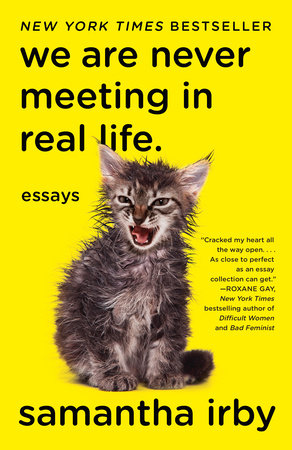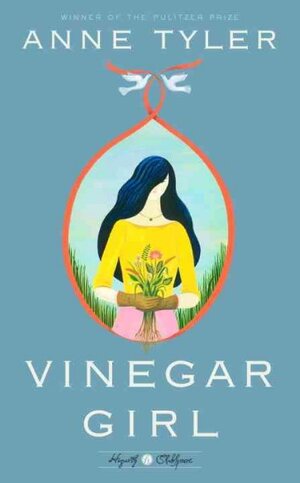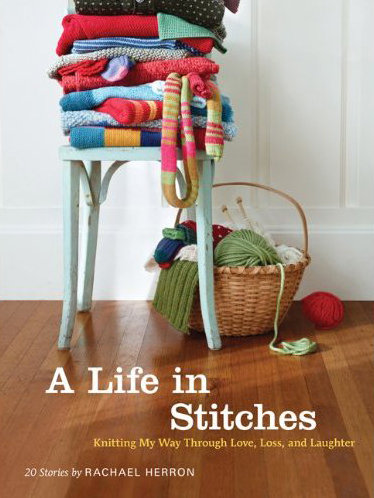Wow, I really haven't posted in a while, haven't I? I didn't read any books in June.
I picked up triple threat & bicon Alan Cumming's memoir, Not My Father's Son, from the dollar store and read it in July. It's about his childhood under the thumb of his terrifying, abusive father, and about him learning about his estranged WWII veteran grandfather by going on a celebrity genealogy TV show, drawing parallels between both of these stories. This book was difficult to read due to the abuse, but it was so good, and it's clear Cumming is in a good place now and going to therapy and stuff. He's an excellent writer, and I'm glad I read this book. 4/5 stars, giving away. Trigger warnings for this book: child abuse, physical abuse, violence, suicide mention, emotional abuse, trauma, domestic abuse, alcoholism, PTSD mention, firearm misuse mention, infidelity, I can't remember any more
August's first book was Samantha Irby's We Are Never Meeting In Real Life. I've read her first book of memoir essays, Meaty, and this was just as good and gross and hilarious and sad as that. She writes about her relationships (including with her now-wife), IBS, her cat and her job which she hates, her father dying, and more. I follow Sam on social media and she is a delight. 4/5 stars, keeping (bought this one from Target). Trigger warnings for this book: death, alcoholism, gross body stuff, sexually explicit scenes, depression I think, racism I think
Next I read another dollar store book, The History of Food in 101 Objects. This book was very interesting, with a lot of food and food production facts and colorful photographs. I wish there had been a bibliography or reference list; as a librarian, I side-eye any nonfiction book that doesn't say where their information came from. You don't have to have in-text citations! Just throw a list of your sources in at the end! No one will read it anyway! There is also no listed author, which was weird to me. Another weird thing: I am not sure of the intended audience for this book. Is it for kids? Is it for adults? It works and doesn't work for both. Either way, it's a great bathroom book. 3.5/5 stars, giving away. No triggers that I can think of, unless you have food-based triggers
My September book (also from the dollar store) was Vinegar Girl by Anne Tyler, which is a modern-day retelling of The Taming of the Shrew. They updated the story by having the main character Kate's love interest be her father's research assistant Pyotr who needs to get married to an American to get a green card. I thought this was incredibly selfish of her father to just offer her up just because she was single, even for someone who lived entirely in the world of the mind. It made me sad how he cared way more about his research than his daughters. Kate really isn't a shrew, just extremely honest/blunt and lacking in social skills (possibly on the autism spectrum, as well as her dad), and her 15 year old sister Bunny is pulled straight out of a 1950s teen dream movie or something. Her name is Bunny, for starters, which is in no way an actual nickname for Berenice or whatever, she's always on the landline phone with boys, and she twirls her hair around her finger and says stuff like "isn't it nice of you to say so?" to them. Nobody born after 1970 talks like that. She has an older boyfriend who is 19, and no one besides Kate sees how creepy and wrong that is. The dad does not care and does nothing. Kate decides to go through with the wedding because she wants a different life for herself and Pyotr says he'll put her through grad school. The wedding is completely disastrous, with Pyotr showing that he cares more about the research then anything else, even though the book was trying to convince us that he liked her. Kate's big "men should dominate women, actually" speech in the Shakespeare play is changed to "it's really hard to be a man because they can't talk about their feelings and aren't given social tools to deal with them like women are". Which, whatever. Overall, I mostly liked Kate and the way her work at a preschool was written about, as well as the observations about how people Kate knew became way nicer to her once they learned she's engaged. Society really loves it when women conform to its roles for them. Overall, kind of disappointed in the book, although the writing is good. I'd read more from this author. It may interest you to learn that the book is part of a series, Hogarth Shakespeare series, that is all modern retellings of Shakespeare plays. 3.5/5 stars, giving away. Cover notes: I like this one better than my copy. Trigger warnings for this book: parental neglect and selfishness, adult dating a teenager, one character punches another (but he deserves it), mention of death from heart condition (I think)



